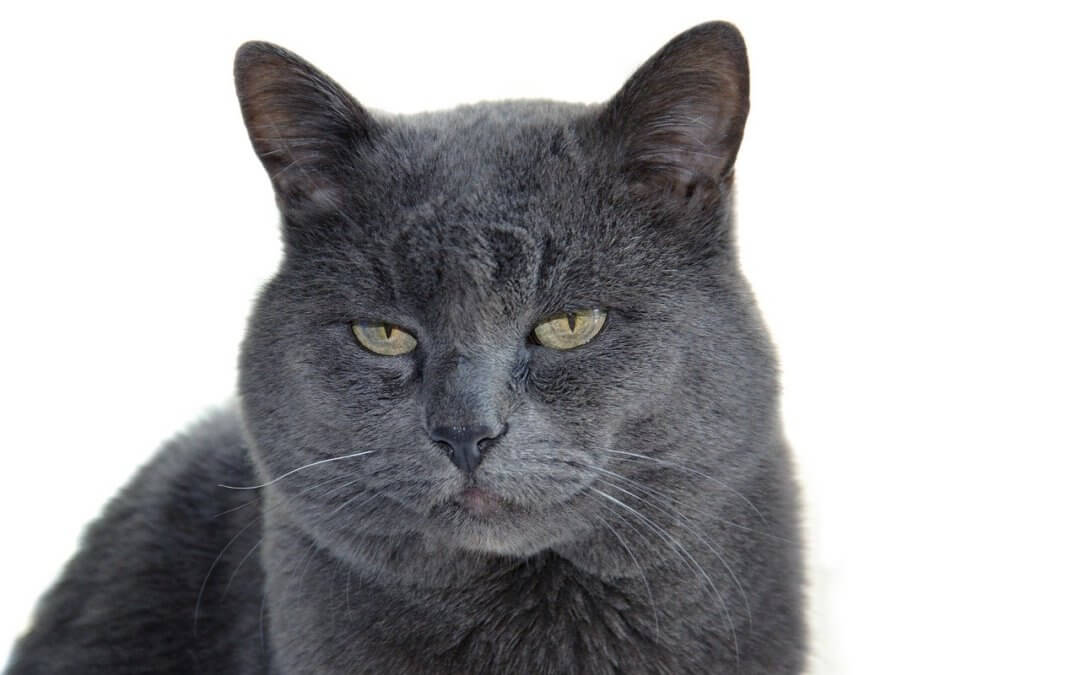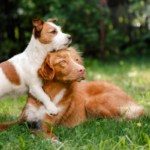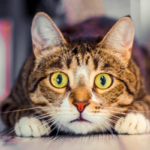Thanks to better nutrition, disease prevention and proper home care, cats are now living longer than ever before. Senior cats have recently been redefined as cats over the age of 11 years, but it’s not uncommon for us to see a ‘super-senior’ feline over the age of 15 years!
Here are a few essential things to consider when it comes to caring for an ageing feline:
1. Ageing pets need more regular vet check-ups.
Cats are experts at hiding pain and keeping to themselves if they feel unwell. It is common for a cat suffering from painful arthritis, insidious dental disease or chronic kidney disease to sleep a bit more or potentially be a bit picky with their food. Because of this, we like to see your elderly cat for regular health checks.
Blood and urine testing, as well as blood pressure checks, are also crucial for our ageing feline friends. We can get a lot of information about the health of your cat from these diagnostic procedures and diagnose diseases such as hypertension and kidney disease.
2. Keep a close eye on habits.
Knowing what is normal for your elderly cat in terms of eating, drinking, toileting, and sleeping is an excellent way to pick up on any changes early. Some older cats may have reduced appetite due to diminished smell and taste, but a lack of appetite can also be a symptom of diseases or pain. Conversely, an increased appetite may also be a symptom of diseases such as hyperthyroidism.
Older cats may be less inclined to want to toilet outside, especially if it’s cold or if they have arthritis. It’s a good idea to provide multiple litter trays, in different areas of the house. This way you can also keep an eye on elimination habits and look for blood in the urine or changes in faecal consistency, also another indicator of disease.
3. Grooming and claw trimming is essential.
Geriatric cats are generally not as good at grooming themselves as they might have once been in their younger years. This may be due to sore joints or secondary to conditions such as dementia (a common condition in dogs that is now better recognised in cats).
You may need to regularly brush your elderly cat with a soft brush and gently tease out any mats. This is also an excellent time to check for any lumps or bumps, skin irritations or other changes that could indicate illness. You should arrange a check-up with us if you find anything unusual. Long-haired cats may be susceptible to severe matting – avoid attempting to cut these out yourself and ask us for help instead.
You should check your elderly cat’s nails twice a week. It is common for older cats to get overgrown nails, which can get stuck in carpet and furniture and even grow into their footpads. Ask us for more information on how to trim your cat’s claws, or call us if you would like to book in a nail trim.
We are always here to give you the best advice when it comes to the care of your geriatric pet, so please get in touch with us if you have any concerns.






